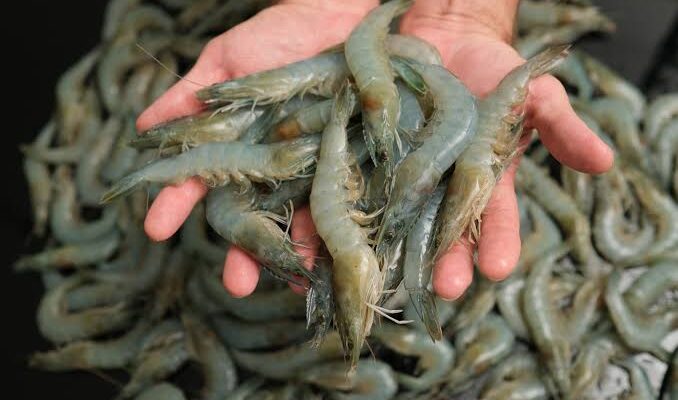Kerala’s Shrimp Export Crisis Deepens as Japan Cuts Imports: Implications for the Industry and Farmers
The shrimp export crisis in Kerala has reached a critical juncture following Japan’s recent decision to significantly reduce its imports of Indian shrimp. This development poses serious challenges for the state’s aquaculture sector, especially in the context of its dependence on the Japanese market, which has historically been a key destination for Kerala’s shrimp exports. The Importance of Japan as a Market Japan has long been one of the largest importers of seafood from India, with shrimp being a crucial component of its seafood consumption. The Japanese market is known for its high standards regarding quality and safety, making it both lucrative and challenging for exporters. In recent years, Indian shrimp, particularly from Kerala, has been favored due to its quality and flavor. However, the recent market dynamics have shifted dramatically. Reports indicate that Japan has begun sourcing shrimp from other countries like Ecuador and Vietnam, leading to a decline in demand for Indian shrimp. This shift is primarily attributed to increasing concerns over food safety and quality control issues associated with imports from India. Factors Contributing to the Export Crisis Several factors have led to the current crisis in Kerala’s shrimp export sector: Economic Implications for Kerala’s Farmers The impact of reduced exports to Japan is dire for Kerala’s shrimp farmers and the broader fishing community: Government and Industry Response In light of the crisis, both the Kerala government and industry stakeholders are taking steps to address the situation: Looking Ahead: The Future of Kerala’s Shrimp Industry While the immediate outlook for Kerala’s shrimp export industry appears challenging, there are opportunities for recovery and growth. By focusing on improving quality standards, embracing sustainable aquaculture practices, and diversifying export markets, the industry can adapt to the evolving global landscape. Furthermore, consumers worldwide are increasingly prioritizing sustainability and ethical sourcing, which Indian shrimp farmers can leverage by implementing responsible farming practices and obtaining relevant certifications. Conclusion The crisis facing Kerala’s shrimp exports to Japan underscores the fragility of the global seafood market and the need for adaptability in the face of shifting consumer preferences and regulatory environments. The actions taken by the government and industry stakeholders will be crucial in navigating these challenges and ensuring the long-term viability of the shrimp farming sector in Kerala. As the industry seeks to recover from this setback, its resilience and commitment to quality and sustainability will determine its future success in the competitive international seafood market.


